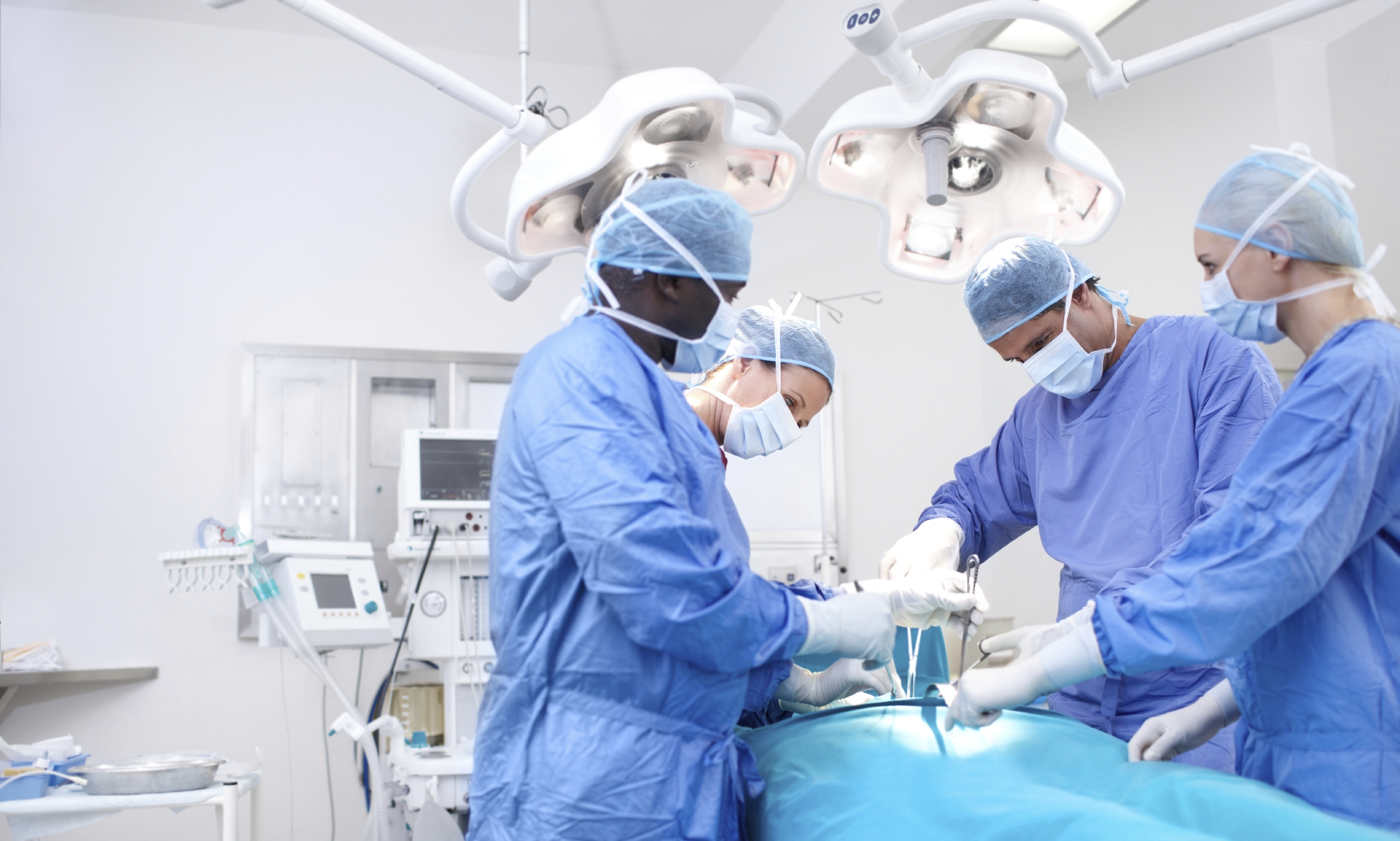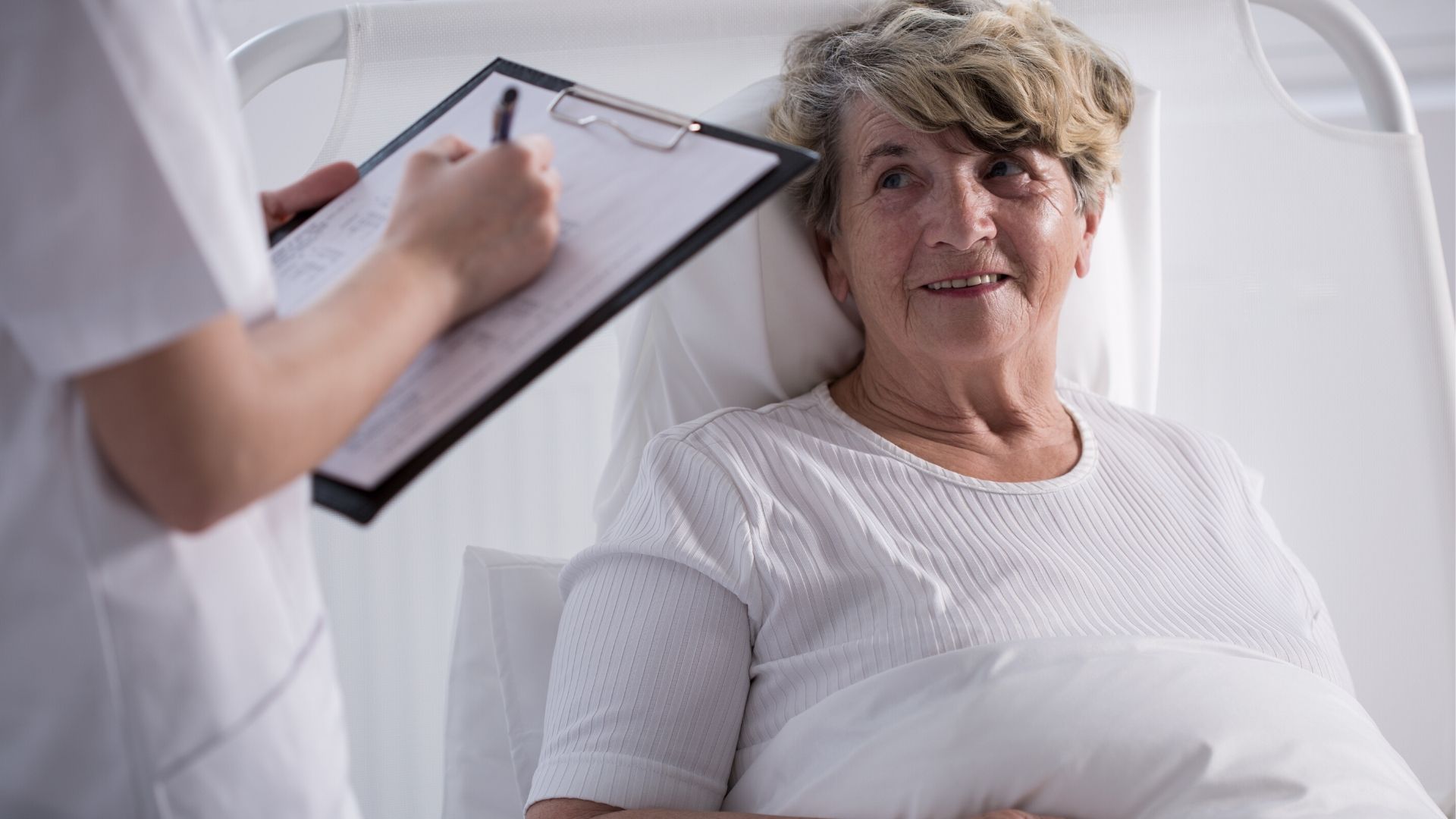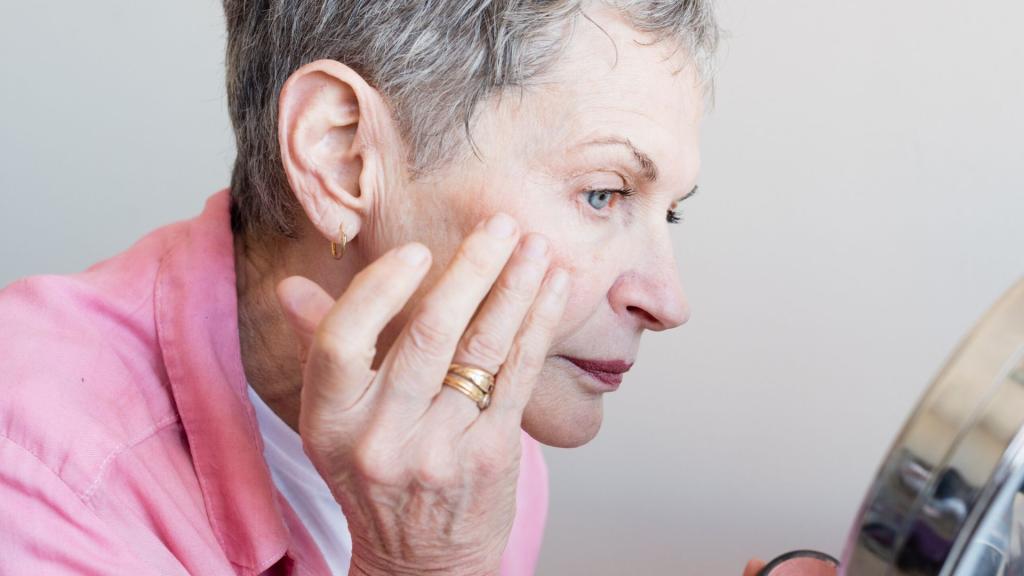
Non-melanoma skin cancer
Non-melanoma skin cancer is the most common cancer in Ireland. Around 10,000 people are diagnosed with it each year.
The main risk factor for developing non-melanoma skin cancer is ultraviolet (UV) light from sun exposure.
On this page:
What is non-melanoma skin cancer?
Non-melanoma skin cancer is the uncontrolled growth of abnormal skin cells.
It tends to develop on the outer layer of the skin that is exposed to the sun. Skin cancer can usually be treated easily by removing the area of abnormal skin. It rarely spreads to other parts of the body.
Non-melanoma skin cancer is the most common cancer in Ireland. Around 10,000 people are diagnosed with it each year.*
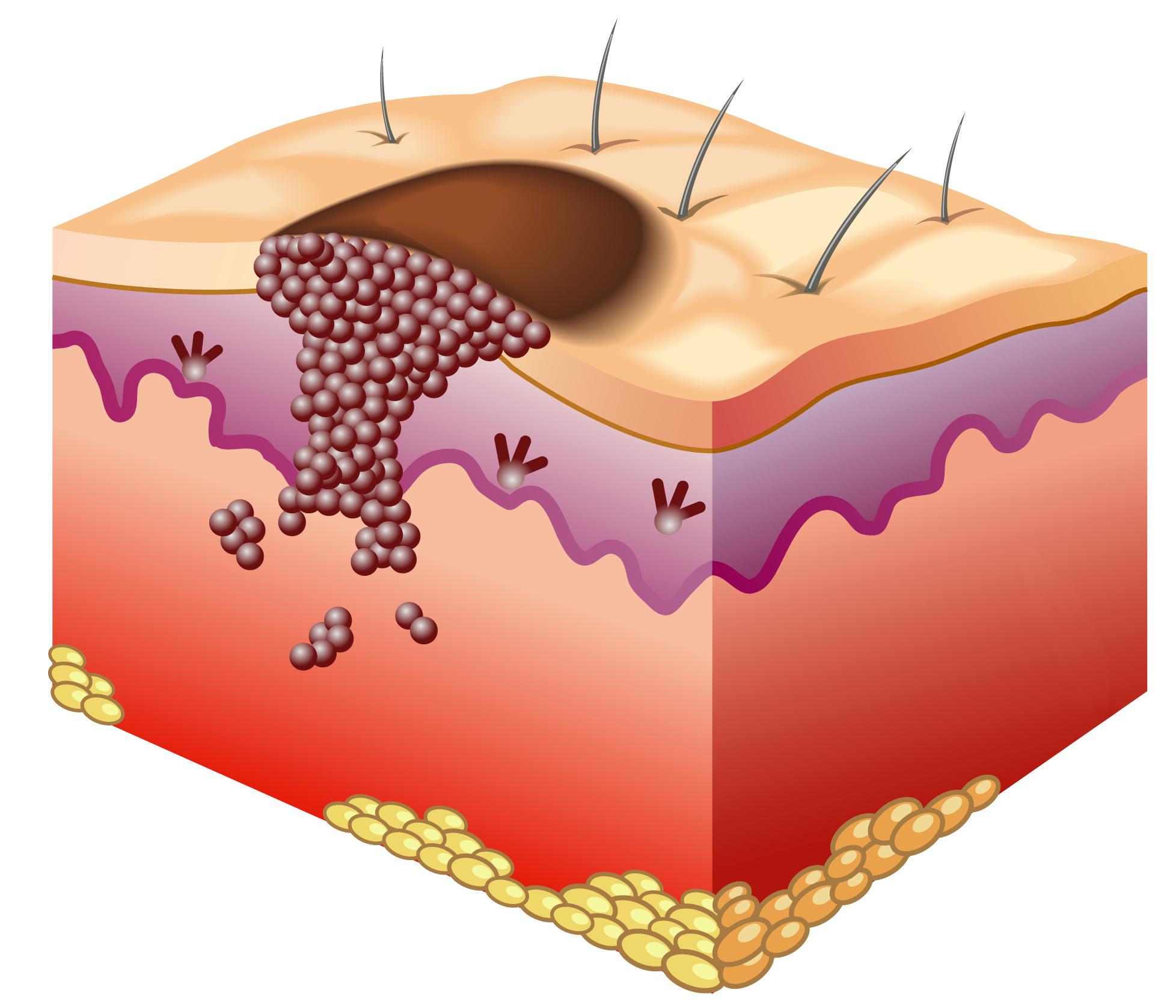
About your skin
The skin is the outer covering of your body. The skin has two main layers:
- The outer layer (epidermis)
- The inner or deeper layer (dermis)
The outer layer has three types of cells:
- Flat, scaly cells called squamous cells.
- Rounder cells called basal cells, found below the squamous cells.
- Cells that give skin its colour (melanocytes). These are in between the basal cells.
Non-melanoma skin cancer affects the squamous cells and basal cells.
Melanoma skin cancer affects the melanocytes.
The deepest layer called the dermis has blood and lymph vessels, hair roots and sweat glands.
More information about non-melanoma skin cancer
Symptoms & diagnosis of non-melanoma skin cancer
More information about treatment for non-melanoma skin cancer
Treatment for non-melanoma skin cancer includes surgery, creams and photodynamic therapy.
For more information about treatments for non-melanoma skin cancer, visit our treatment page. For information about particular treatments, see the links below.
Looking for support?
Our cancer support section contains information and advice on coping with cancer for diagnosed patients and their loved ones.
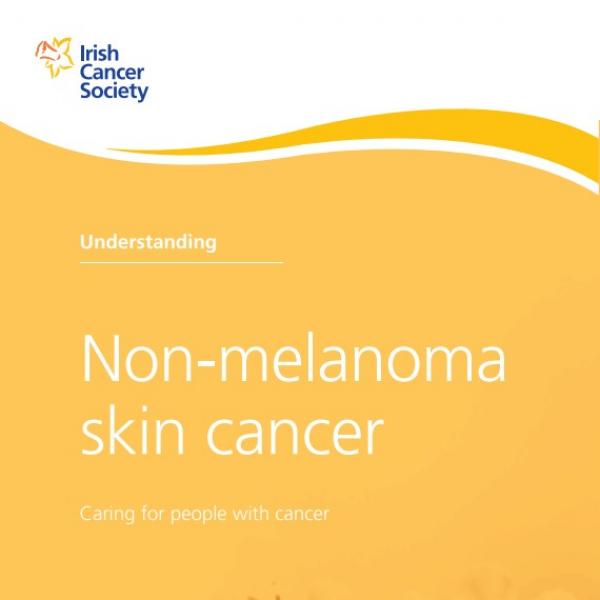
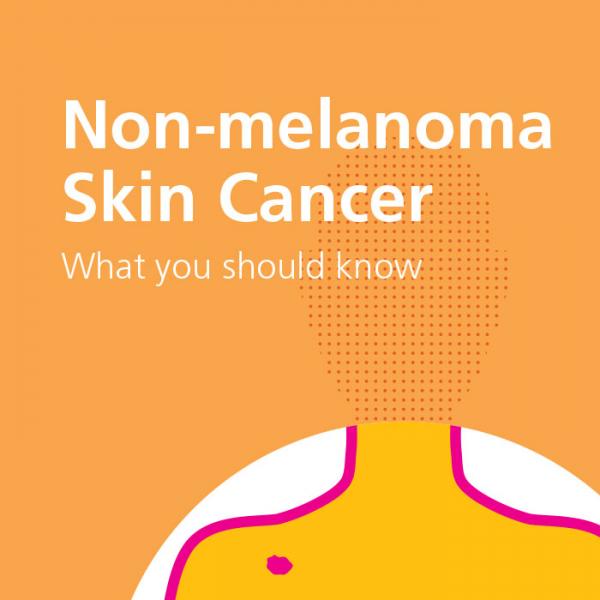
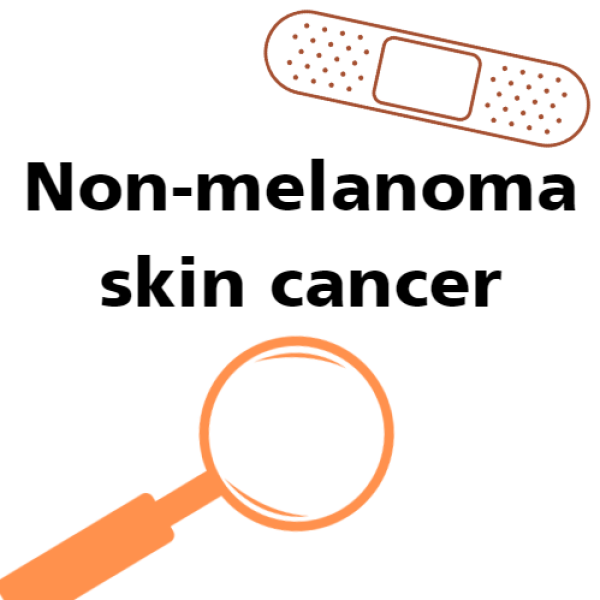
An A4 poster to download, share, or print.
*The Irish Cancer Society uses the most up-to-date cancer statistics from the National Cancer Registry Ireland, available on www.ncri.ie
For more information
Phone
1800 200 700




